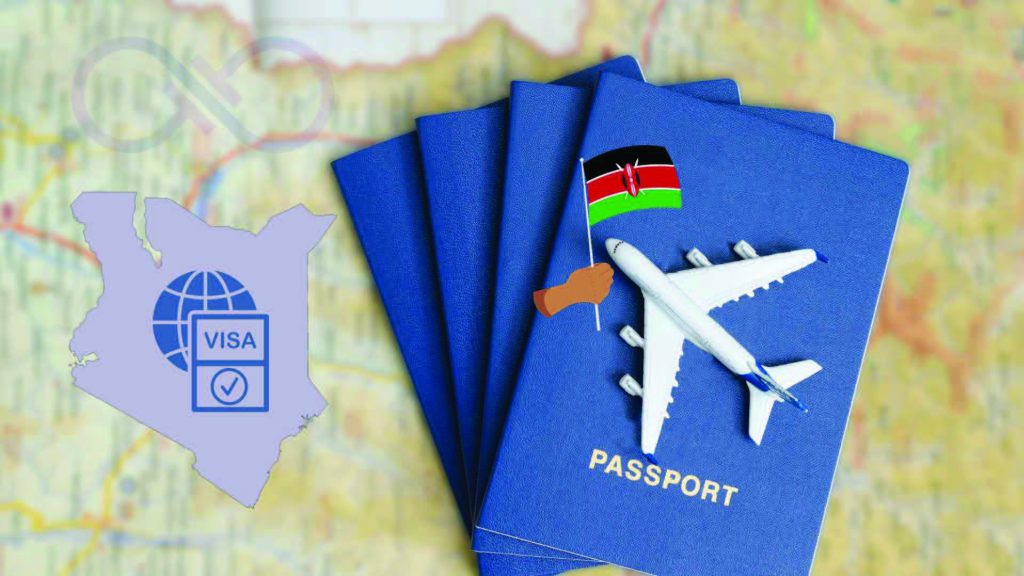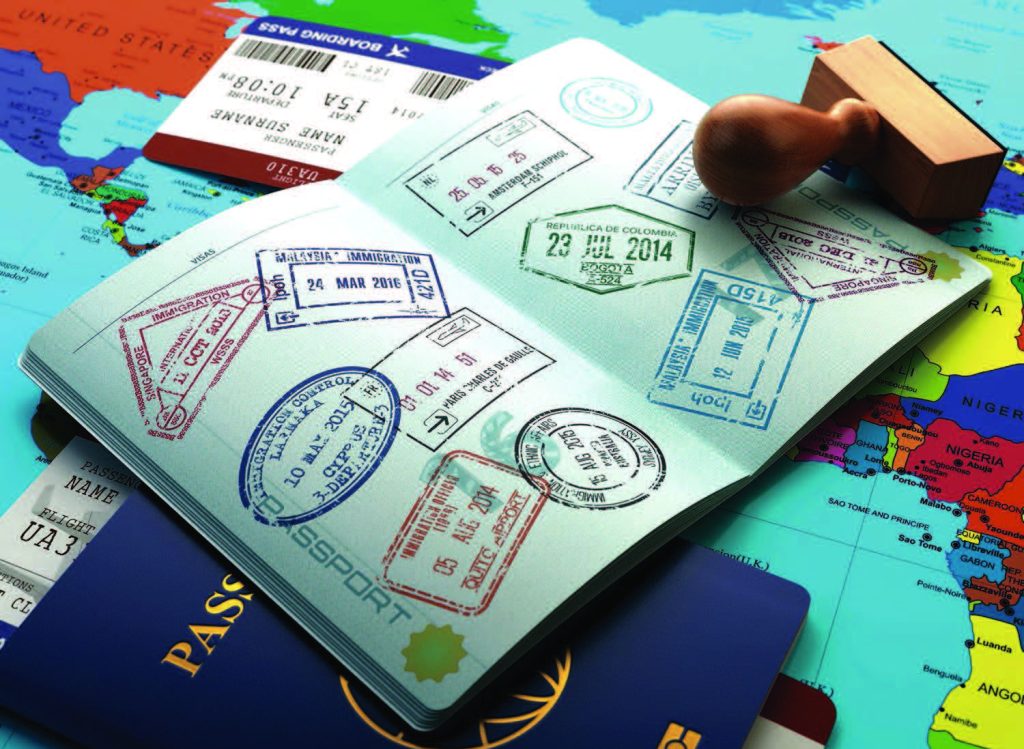
Africa has steadfastly been pursuing the vision of a borderless continent to enhance economic growth and development, especially interstate trade. This vision took center stage at the 14th Summit of the African Union General Assembly of the African Accreditation Cooperation (AFRAC) in September 2023. In a bold move embracing this visionary undertaking, President William Ruto announced in December 2023 Kenya’s decision to transit towards “borderless” trade and tourism starting 2024 through the Visa Free Policy(VFP). According to the President, this decision embraces Kenya’s commitment to aligning with the overarching vision of the African Continental Free Trade Area (AfCFTA).
The move was aimed at improving economic standing by increasing trade opportunities, expanding markets, and boosting tourism, to propel Kenya’s economic growth. Moreover, he noted that introduction of visas has continued to restrict movement of people, goods and services. The government replaced the visa application process with an Electronic Travel Authorization (ETA), which includes a $30 application fee, to facilitate the visa-free directive. The visa-free-policy (VFP) pronouncement has since engendered the public’s discourse pertaining its potential economic, security and even diplomatic ramifications. Supporters of the policy applause it for its potential to efficiently boost trade and tourism. Critics on the other hand are concerned about the VFP’s efficiencies. This commentary aims to critically examine implications of the policy’s implementation during the last three months.
The implementation of the VFP commenced on January 1, 2024. It has been widely embraced by numerous travellers, sparking interest while also prompting discussions about its outcomes. Based on an analysis of travellers’ experiences, discussions have been amplified and disseminated across various media platforms, highlighting challenges encountered with minimal reference to its benefits. Criticism has arisen from some developing countries due to negative experiences of their nationals intending to travel to Kenya. They cite the ETA system process, as one bottleneck in the process, especially where there is limited access to necessary technology including a stable internet connection and mobile banking facilities, which are essential for completing the application process. The other problem is the $30 application fee. This is seen as disproportionately high compared to neighbouring countries, which often charge $20 or less for a similar duration visa. The other concern is its overall security. There has been apprehension around the ETA system’s security vulnerabilities, potentially compromising the authorization process integrity. The shorter screening time compared to a visa application process is likely to lead to minimal vetting of applicants, posing security risks in the country. Inconsistencies in approval duration is yet another concern. It has been observed that some applications are approved under 12 hours, while others take about four days. Longer processing time inconvenience travellers facing emergency situations.

Another significant shortcoming brought to light is the requirement for individuals who previously enjoyed free entry due to established historical diplomatic ties to apply for the ETA, pay the fee, and wait three business days for authorization. This has not only negatively impacted on the volume of businesses entering Kenya, but it constraints the country’s efforts of achieving the objectives of the AfCFTA. This could also lead to affected countries adopting reciprocal measures, hence straining diplomatic relations. There is also a lack of awareness among travellers from countries that previously had unrestricted entry privileges into Kenya, on the ETA application process. This has led to frustration and inconvenience. This knowledge gap is occasioned by inadequate messaging. Reliance solely on press releases has proved ineffective in reaching all travellers.

It is however encouraging that the government has already taken some proactive measures to address a number of initial challenges associated with implementation of the VFP. For example, in late February 2024, Kenya addressed traders’ complaints, especially from East African Community (EAC) countries. As a result, it abolished the need for ETA application and the $30 fee for citizens of seven countries that were previously enjoying visa free entry to Kenya. They include The Union of Comoros, The Republic of Congo, Eritrea, Mozambique, San Marino, South Africa, and Ethiopia. Similar action is still waited for countries like Zambia, Zimbabwe, and Ghana.
Moving forward, several interventions are needed. There is the need to promptly review and exempt all countries that previously enjoyed visa-free entry from this new authorization requirement. Additionally, to enhance accessibility of the ETA system particularly developing countries, Kenya could consider establishing a dedicated active 24/7 helpline to assist individuals without reliable internet access. Alternatively, is to ensure that consulates in those countries are facilitated to offer support to potential travelers and so improve inclusivity. There is also need to review the $30 fee and align it with visa fees in neighboring countries so as to make the policy more equitable. To prevent potential security breaches, collaboration with stakeholders and the strengthening of cybersecurity measures are recommended. It is also important to standardize waiting times for application processing while ensuring that these times allow for comprehensive background checks.
While three months of implementing the VFP might not be adequate to comprehensively analyse its success and shortcomings, it is crucial for policy makers to address most of the negative implications that have arisen so far. Failure to address them proactively is not only likely to impact on the country’s revenue but also its security.
